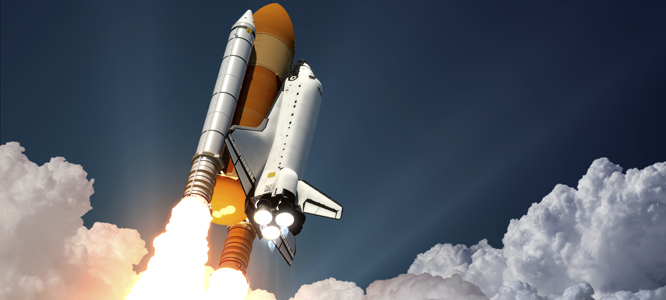Newton’s Laws are all they used to get the first man to the moon. They are an amazingly powerful and wonderful area of physics. I like them because evidence of them is everywhere. If something moves or can be moved, it follows Newton’s Laws. You can’t sit in a car, walk down the road, drink a glass of milk, or kick a ball without using Newton’s Laws. I also like them because they are relatively easy to understand and yet open up worlds of answers and questions. They are truly a foundation for understanding the world around you.
Mechanics is the study of the motion of objects. This is a great place to start your studies in physics since it's such a BIG idea. We'll be learning the language, laws, concepts, and principles that explain the motion of objects. We'll also learn about Kinematics, which is how science explains the motion of objects, and it does so by using words, numbers, charts, graphs, equations, diagrams and more. Kinematics explains the motions of the planets around stars, the turning radius of a car, how airplanes fly, and more by developing models in your mind of how things work.
One of the best things you can do with this unit is to take notes in a journal as you go.
Snap photos of yourself doing the actual experiment and paste them in alongside your drawing of your experimental setup. This is the same way scientists document their own findings, and it's a lot of fun to look back at the splattered pages later on and see how far you've come. I always jot down my questions that didn't get answered with the experiment across the top of the page so I can research it more later. Are you ready to get started?

